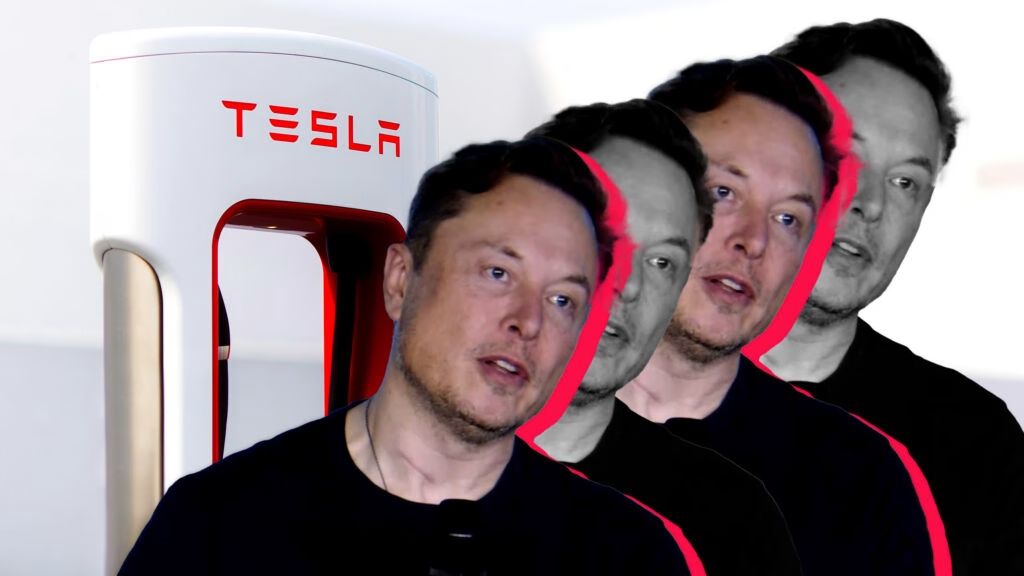Tesla’s brand once stood as a beacon of innovation and desirability in the electric vehicle (EV) market. However, recent findings from a UBS poll reveal a significant decline in its global appeal, raising questions about the future of the company and its products.
What’s Happening to Tesla’s Brand Image?
Not too long ago, Tesla was synonymous with cutting-edge technology and high-performance electric vehicles. Consumers viewed the brand with admiration, and CEO Elon Musk was often celebrated as a visionary leader. Fast forward to today, and the landscape has shifted dramatically. The UBS poll indicates that American buyers’ positive perception of Tesla has plummeted from 38% to just 29%. This decline is echoed in Europe, where the brand’s favorability dropped from 20% to 15%.
In China, the situation is even more dire. Tesla’s standing has fallen sharply, with only 14% of buyers considering it their top choice, down from 30% in 2020. The rise of domestic competitors like BYD and Xiaomi, which offer technologically advanced vehicles at competitive prices, has significantly impacted Tesla’s market share.
Why Are Buyers Turning Away?
The reasons behind this decline are multifaceted. In China, the fierce competition from local manufacturers has made it difficult for Tesla to maintain its status as a technology leader. Many of these new entrants are not only matching Tesla’s features but are also introducing innovative technologies that appeal to consumers. The UBS analysts noted that Tesla is no longer perceived as the go-to brand for cutting-edge technology, which is a significant shift for a company that once led the charge in EV advancements.
In Europe and the U.S., there are additional factors at play. Analysts suggest that Musk’s political involvement may have tarnished the brand’s image, alienating some potential customers. As Tesla’s reputation falters, rivals are seizing the opportunity to capture market share.
How Are Competitors Gaining Ground?
The competition is heating up, with companies like BYD and Xiaomi stepping up their game. BYD has recently outsold Tesla in Europe for the first time, delivering 7,231 EVs in April, a staggering 169% increase from the previous year. Meanwhile, Tesla’s sales in the same period dropped by 49%, highlighting the shifting dynamics in the EV market.
Xiaomi, primarily known for its smartphones, is making waves with its entry into the automotive sector. The reception of its first car, the SU7, has been positive, and the upcoming YU7 SUV promises to be a stylish alternative to Tesla’s Model Y. With these new players entering the market, Tesla faces increasing pressure to innovate and adapt to changing consumer preferences.
What Does This Mean for Tesla’s Future?
As Tesla navigates this challenging landscape, the company must address the growing competition and shifting consumer sentiments. The decline in brand loyalty is a wake-up call, urging Tesla to rethink its strategies and perhaps even its leadership approach.
Investors and fans alike are left wondering: can Tesla reclaim its status as the leader in the EV market? The answer may lie in how well the company can adapt to the evolving landscape and respond to the needs of a more discerning customer base.
The big takeaway? Tesla’s journey isn’t about perfection—it’s about smarter adjustments. With the right strategies, the company can still turn the tide. Start with one change this week, and you might just spot the difference by month’s end.

